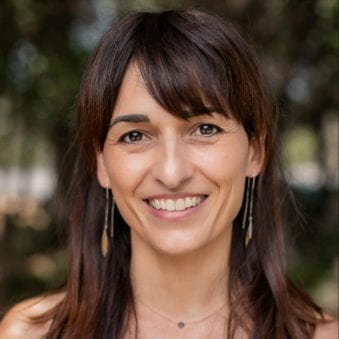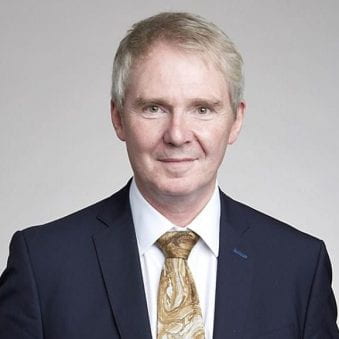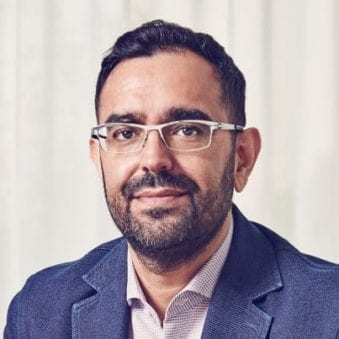In this episode, we chat with Sandra González-Bailón, who is on the faculty at the Annenberg School for Communication. Her research lies at the intersection of network science, data mining, computational tools and political communication. She is the author of Decoding the Social World, published by MIT Press in 2017, and was also the keynote speaker of the ACM Web Science Conference in 2019.
During this conversation, Sandra discussed some of her research about people’s news exposure — and what it surprisingly revealed. She also explains how the medium of data that gets studied — the web v.s. apps data and desktop v.s. mobile data — can impact results. And she digs into how exactly research can help the world — but also that the world needs to know the right questions to ask. To hear all this and more, take a listen of this episode.
Click here for this episode’s transcript and here for this episode’s show notes.









